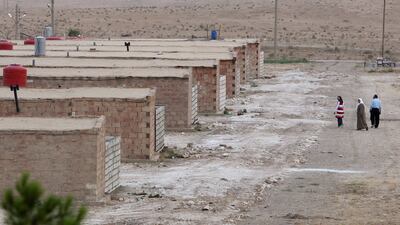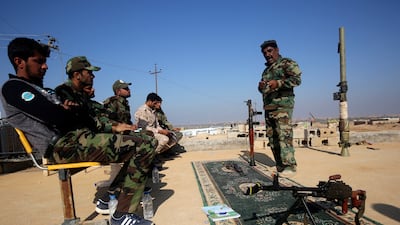Two British women who travelled to the Middle East to join ISIS and are now detained in a camp in Syria have lost their latest round of a legal fight with the UK government.
The women, both of whom have children, requested that judges in London compel ministers to request their release.
They lost a fight in the High Court last year and on Tuesday failed in an appeal.
Three appeal judges have outlined detail of the case in a written ruling.
Lord Justice Underhill, Lord Holroyde, and Lady Justice Elisabeth Laing — who considered arguments at a recent Court of Appeal hearing in London — have not identified the two women.
Appeal judges said the women had travelled to Syria to join ISIS in Iraq.
They said, since the defeat of ISIS, the women had been detained in a camp in northern Syria operated by the Autonomous Administration of North and East Syria (Aanes).
The Aanes had “indicated” that it would be prepared to release the women and their children, so that they could be repatriated to the UK, if it received an “official request” from the UK government, appeal judges said.
Militias who played a vital role in defeating ISIS - in pictures
Lawyers representing the woman had argued that Foreign Secretary James Cleverly therefore had the power, by making an appropriate official request, to procure their release.
But judges said Mr Cleverly had refused to make such a request on the grounds that the women had travelled to Syria “voluntarily” and would potentially be a “threat to national security”.
They said Mr Cleverly had “expressed himself willing” to consider repatriating the children, if asked.
Lawyers representing Mr Cleverly had argued that the UK government had no involvement in the women’s “original detention”, and the Aanes offer could not “have the effect of making it responsible for their custody”.
Appeal judges ruled against the women and upheld decisions made by judges who oversaw last year’s High Court hearing.
Lord Justice Underhill described the women’s current situation as “dire”.
He indicated that lawyers representing the women might mount a different form of legal challenge and ask a judge to consider the “lawfulness” of Mr Cleverly’s refusal of assistance.

















